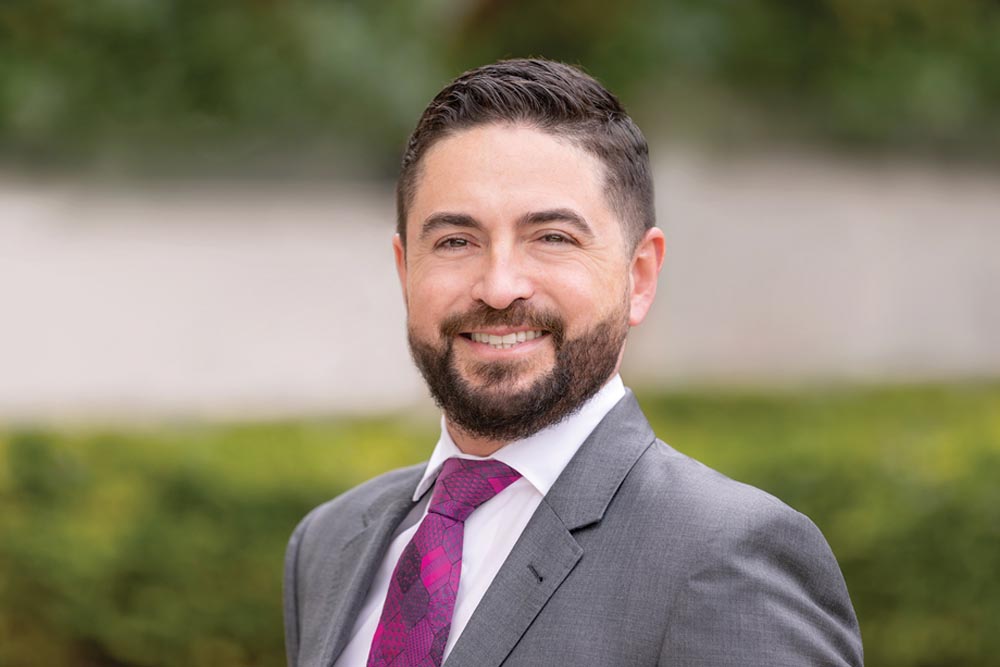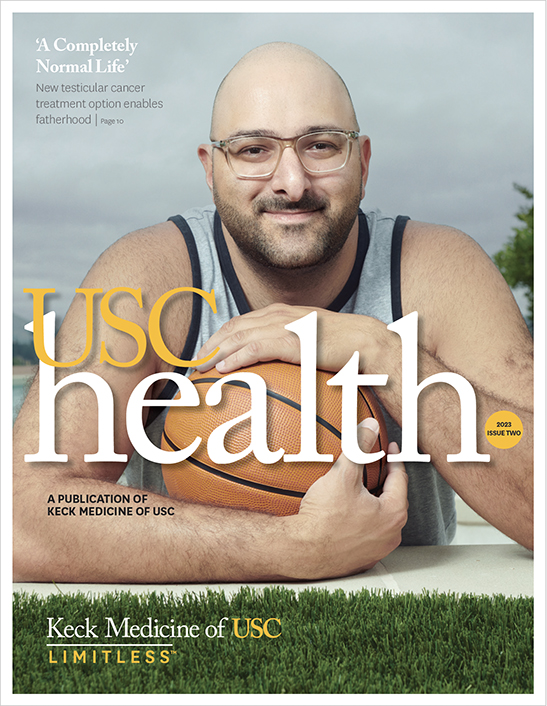
Felipe Osorno, MS, chief post-acute care officer and chief of staff for Keck Medicine of USC, says that post-acute care is vital for a patient’s long-term health.
The days and weeks after a patient’s hospitalization are critical. Wounds are healing, mobility is being restored and new medications and lifestyle choices are incorporated into daily life.
This period may also involve post-acute care, which refers to a range of services that include home health care with nurses and therapists, or temporary placement in a skilled nursing facility or an acute rehabilitation unit.
Selecting a post-acute care provider can be overwhelming and stressful.
As chief post-acute care officer at Keck Medicine of USC, I know how much this transition period can impact a person’s long-term health. After all, the continuum of care for many patients — and their providers — goes beyond emergencies, surgeries or stays in the hospital.
This is why Keck Medicine’s new Post-Acute Care Collaborative was created. We have identified a cohort of high-quality skilled nursing facilities and home health care agencies that meet our organization’s high standards for care and clinical partnership.
Through a rigorous review of publicly available data on rate of hospital readmissions, clinical quality and patient satisfaction — along with a thorough vetting process of clinical capabilities — Keck Medicine has partnered with services that we can share with patients and families as they make their health care choices.
The collaboration also enables strong communication with a patient’s existing Keck Medicine providers to deliver connected, team-based care beyond our own facilities.
Patients, of course, may always maintain the right to choose the option they feel is best.
We know that the future of health care will require continued innovation to provide seamless, high-quality care at every step of the way. Whatever their next steps are after they leave our hospitals, our patients remain our patients.
Topics


